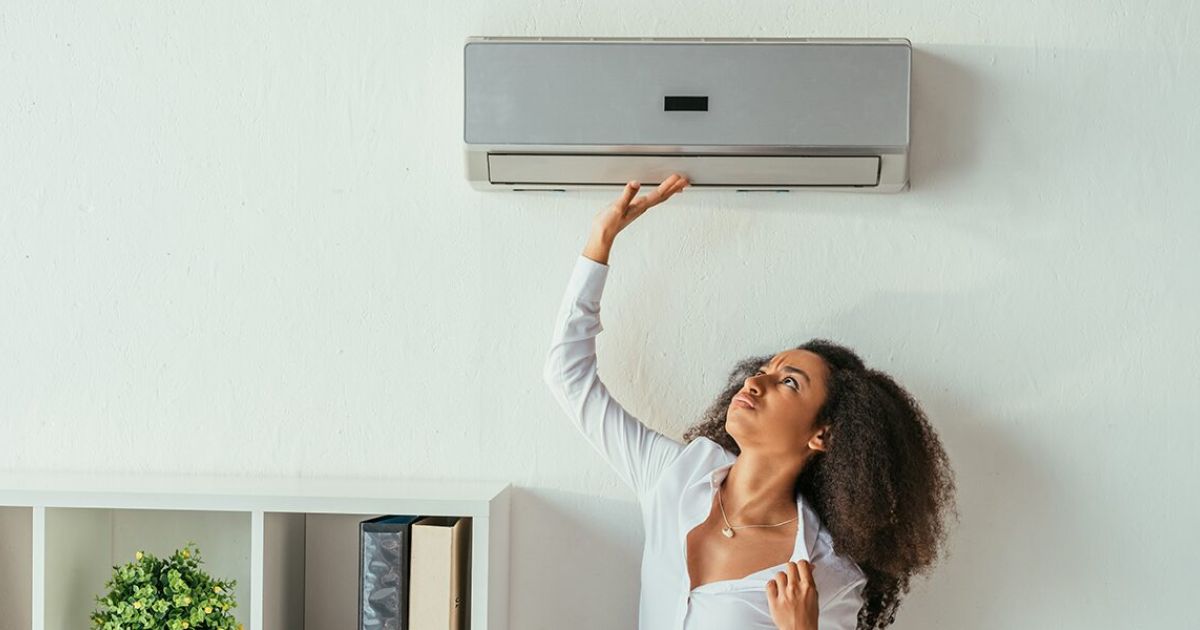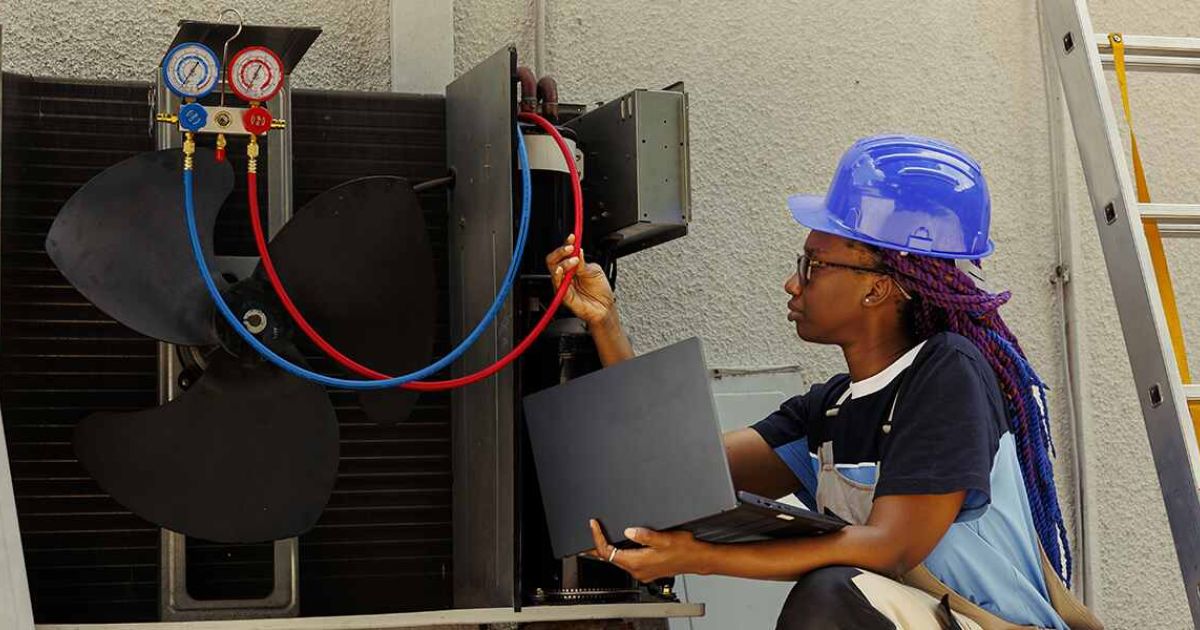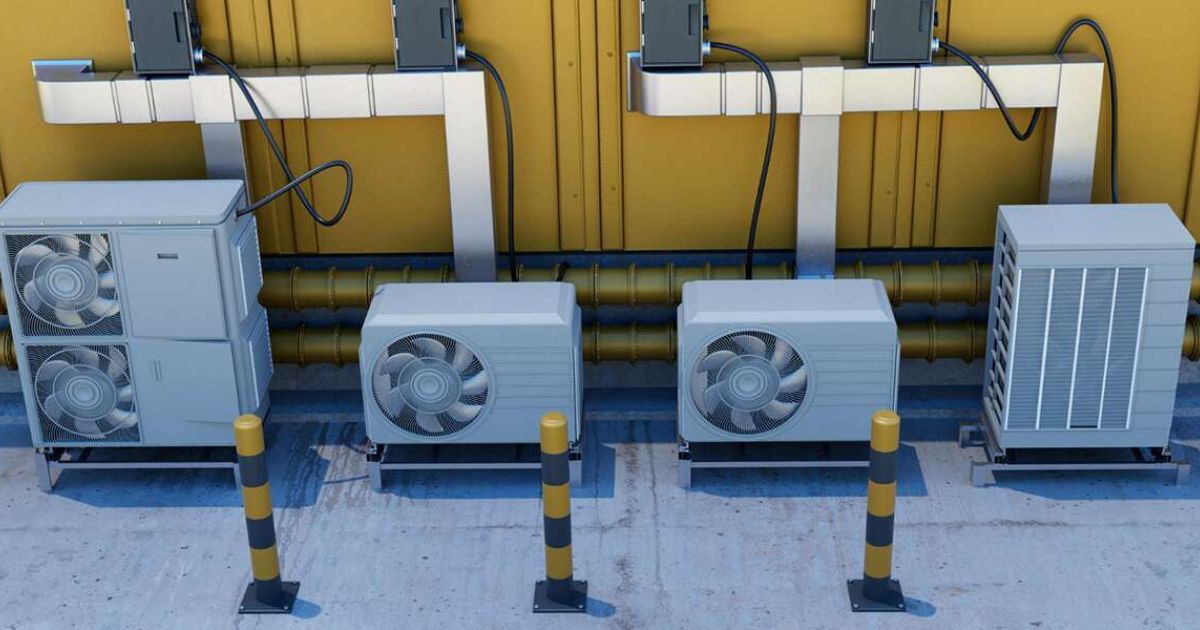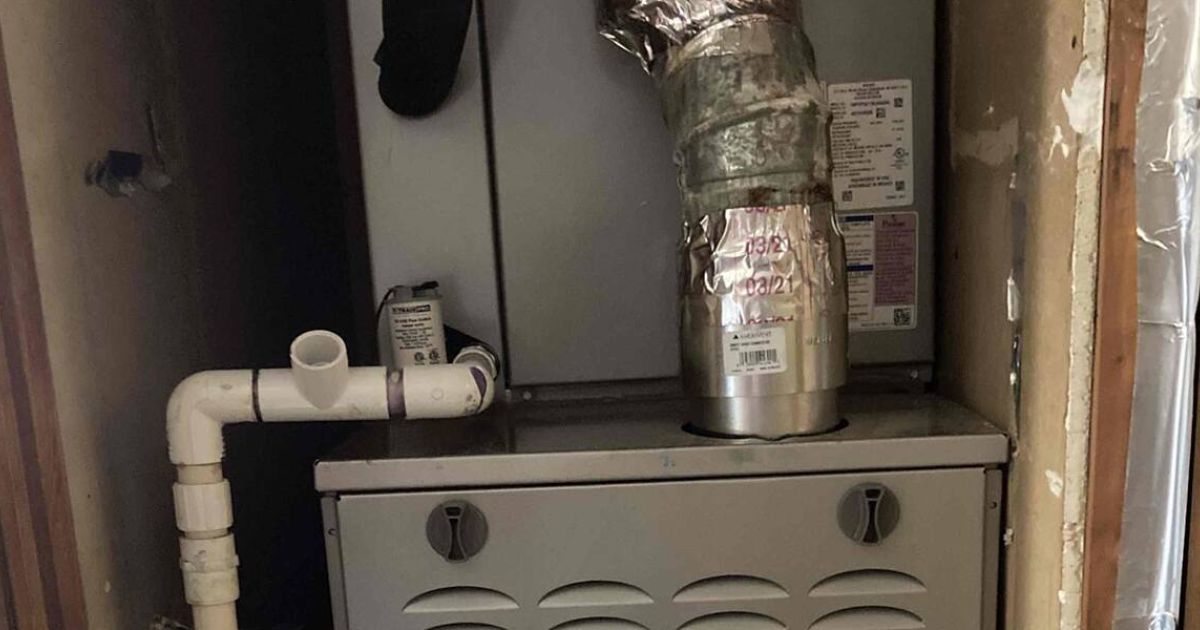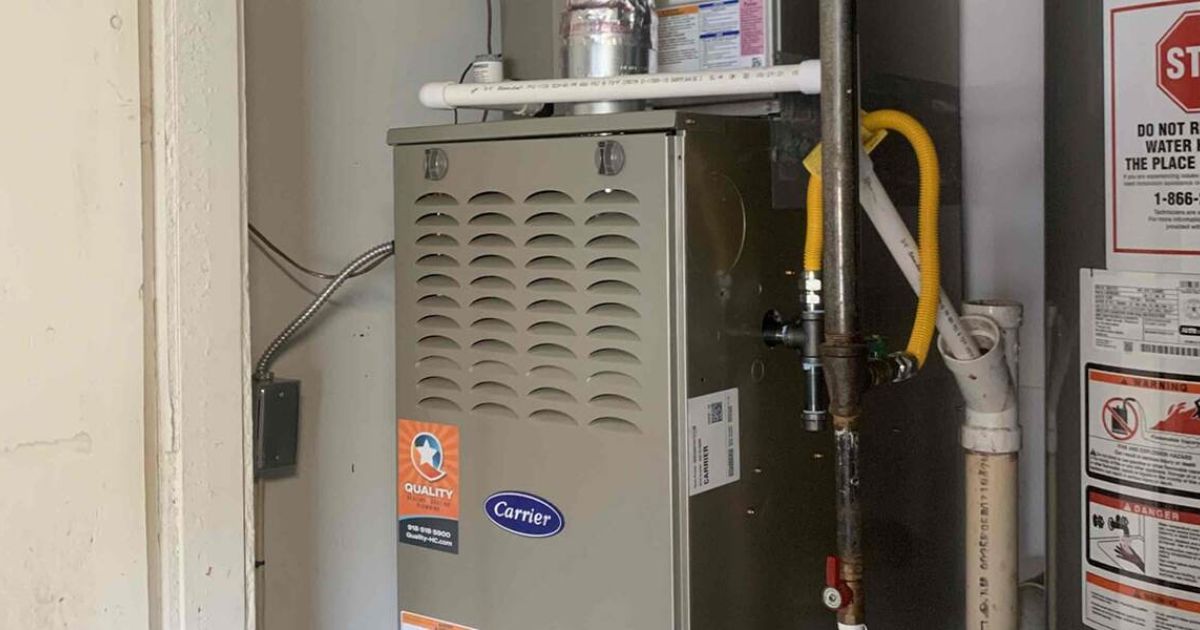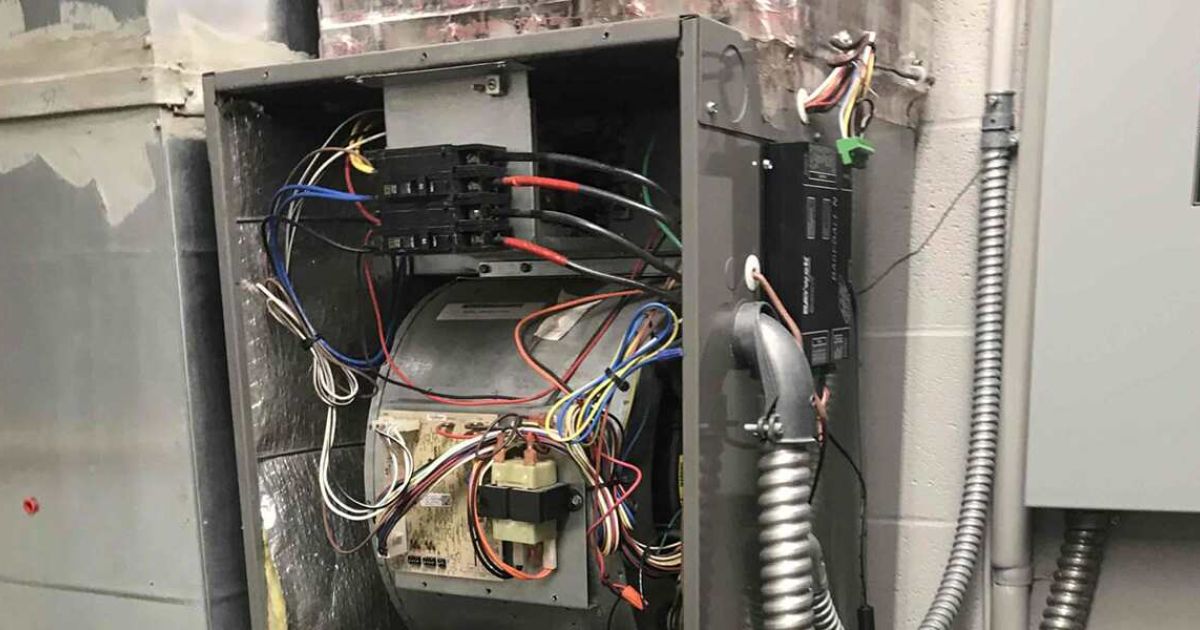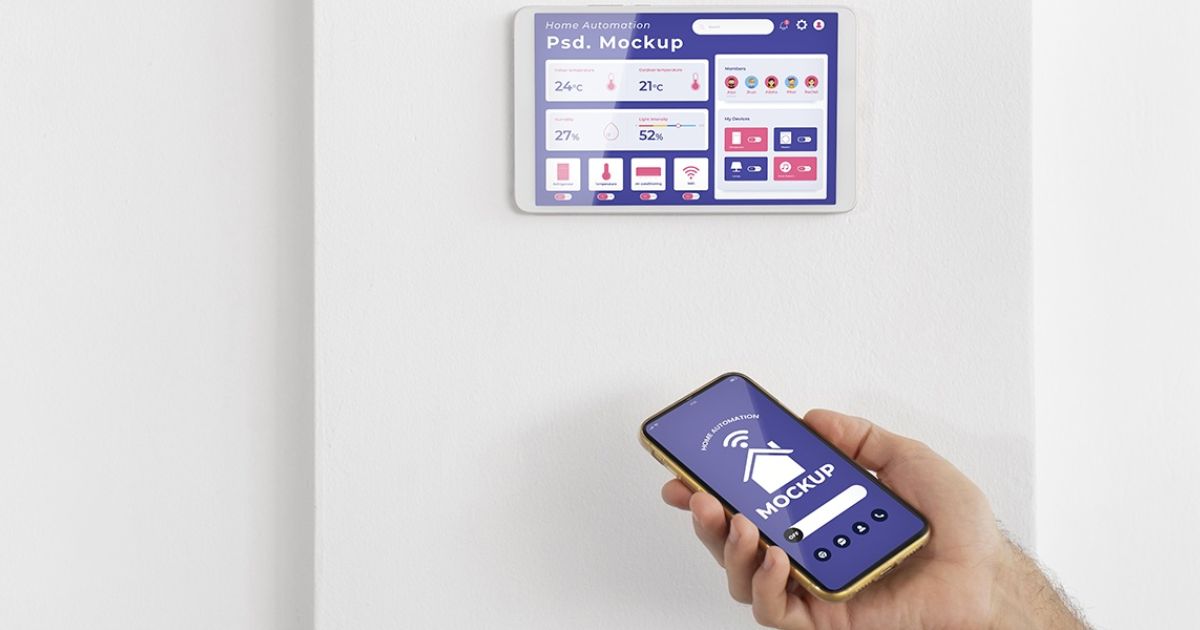
For info on smart thermostats, call Quality Heating, Cooling, & Plumbing at (918) 212-2188.
If you are tired of always getting up to change the temperature, then a smart thermostat may be your solution. Smart thermostats provide a convenient way to control indoor temperatures and save money.
Of course, the next logical question is: “What is a smart thermostat?”
So today, Quality Heating, Cooling & Plumbing is here to tell you everything you need to know about smart thermostats and why you should consider one.
If you need a reliable heating and cooling contractor in Tulsa, contact us today!
What Is a Smart Thermostat?
Smart thermostats, like regular thermostats, control the temperature in your home. The main difference is that smart thermostats can use proximity sensors and feedback data to learn optimal heating and cooling routines. Smart thermostats allow for more precise temperature control and are more energy-efficient than traditional thermostats.
Additionally, smart thermostats also have WiFi capabilities, allowing for wireless control. You can connect your smart thermostat to your phone and remotely adjust temperatures as desired. Turn on your air conditioning before driving home, and your house will be at the perfect temperature by the time you arrive.
How Do Smart Thermostats Work?
Smart thermostats use WiFi connections to interface with your air conditioning and other smart devices on your home network. With programmable thermostats, you can manually set cooling and heating routines which the thermostat will then run automatically.
Smart thermostats take it to the next level and will use geolocation data, weather data, and past cooling routine data to learn the most efficient times to heat and cool. Over time, you can “teach” a smart thermostat how to do its job efficiently.
Like other smart devices, smart thermostats contain a processor, memory, and a motherboard. Most smart thermostats connect to pre-existing wiring and have an additional backup battery for power outages and a touchscreen display for manual operation.
Smart thermostats are most potent when combined with other smart devices to create a single home control system. You can connect to the thermostat with your smartphone to adjust temperatures, program routines, and view usage data.
What Are the Benefits of Smart Thermostats?
So now you can answer, “What is a smart thermostat?”. But what about their selling points? Smart thermostats provide several potential benefits over traditional thermostats, including:
Energy Savings
The most apparent benefit of smart thermostats is they help save energy. They allow precise temperature control like regular programmable thermostats but also learn about your daily habits to fine-tune performance, allowing them to use less energy for heating and cooling.
Smart thermostats also provide alerts and updates to push you towards more energy-conscious habits, such as settings recommendations and reminders. These functions help you reduce energy consumption and save you even more money.
According to EnergyStar, the typical programmable smart thermostat can save the average homeowner nearly 10% on their yearly heating and cooling costs. Additionally, lower energy usage makes smart thermostats more environmentally friendly.
Easy to Use
Smart thermostats are exceedingly simple to use and require very little user interference. These devices draw on data from other connected smart devices to train themselves to optimize heating and cooling performance. Many homeowners can completely ignore the thermostat as it does its job.
Most smart thermostats have modern, intuitive touchscreen interfaces with clear display indicators and icons. Changing temperatures is usually as simple as swiping a certain direction on the screen, just like using a smartphone.
Easy to Install
Smart thermostats are also easy to install and can directly replace your existing thermostats. Simply remove the old thermostat from the wall, cut the wires, and attach new wires to the smart thermostat. Manufacturers design smart thermostats to integrate into existing wiring, so there is no expensive or complex installation process.
Smart Connectivity
Another major selling point for smart thermostats is their connective capabilities. Smart thermostats have a general application programming interface that allows you to configure them as part of your larger smart home ecosystem.
You can enable thermostats to react to other devices to create more programmable functions. For example, you can connect a smart thermostat to motion detectors so the air conditioner kicks on whenever someone returns to the house. The flexible nature of smart devices opens up essentially limitless options for automation with assistant programs like Google Home or Alexa.
Remote Control
Modern thermostats can also connect to your smartphone for remote access and control. You can connect to your home’s WiFi and set temperatures, even at a distance. This feature would be handy in several situations, such as leaving the house for a trip and forgetting to lower the heat. Other users can also sign in to your profile to access thermostat control while you’re away.
Monitoring and Alerts
Smart thermostats provide real-time alerts and updates about system performance. Other alerts may include power outages, temperature changes, and weather changes. You can also view your usage history from the app, making tracking and reducing energy usage easier.
Smart Thermostat Disadvantages
Smart thermostats have relatively few disadvantages compared to traditional programmable thermostats. In the past, the main barrier was cost, but online retailers currently offer smart thermostats with WiFi capabilities for as low as $60.
The single main disadvantage of smart thermostats is the steeper learning curve. With a regular thermostat, you could just turn a knob or press a button to set the temperature. To utilize your smart thermostat to the fullest, you’ll need to learn how to create functions through apps and other smart devices. Luckily, your thermostat should come with instructions.
So, what is a smart thermostat? A convenient way to reduce energy consumption, achieve more efficient HVAC performance, and save money. Smart thermostats are a wise investment for any eco-conscious homeowner who wants to lower their environmental footprint and reduce monthly energy consumption.
Read more from our blog to learn how a boiler heating system works. If you require heating, cooling, or plumbing services, contact Quality Heating, Cooling & Plumbing online or call today at (918) 212-2188 to schedule an appointment!

Cassie Pound is the Vice President of Quality Heating, Cooling, Plumbing & Electric with locations in Tulsa, Glenpool, and Bartlesville, Oklahoma.


